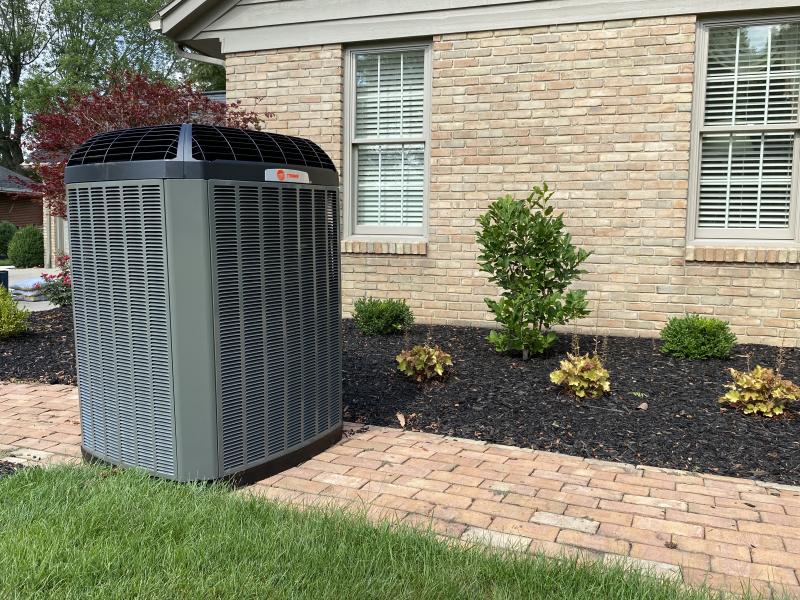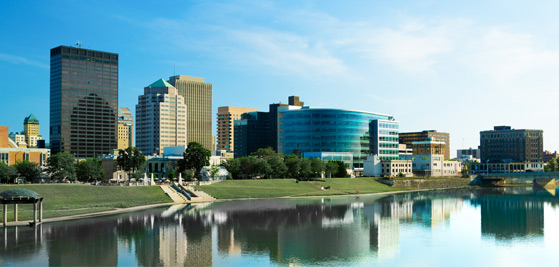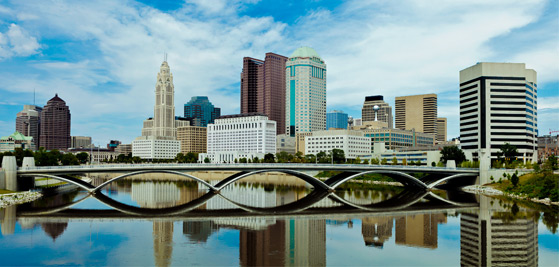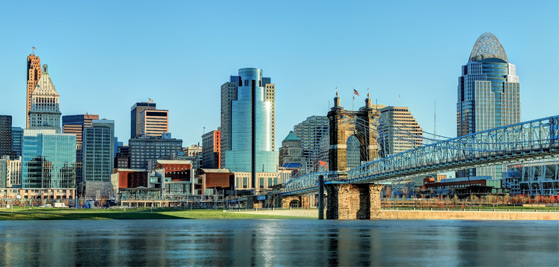Air conditioning has become an integral part of modern life. From homes to businesses, the technology is commonplace and indispensable.
But how did we get here, and who were the minds behind one of the most successful inventions in history?
Read on to learn more about the history of central air conditioning and where the HVAC industry thrives today.
The Founders of Modern Air Conditioning
Willis Carrier: The Father of Air Conditioning
If you’re familiar with the history of AC, you’ve probably heard the name Willis Carrier. Born in 1876 in Angola, New York, Carrier is known as the father of air conditioning for his pioneering work developing modern air conditioning units. His invention was a game-changer for many industries, from food processing and textile manufacturing to movie theaters and residential buildings.

Carrier’s first major breakthrough came in 1902 when he worked at the Buffalo Forge Company. He developed a system to control humidity in a printing plant, which helped the plant stabilize the paper and ink quality. This was the first time anyone had used science to control humidity levels in an enclosed space. The system used chilled coils to remove moisture from the air and was the basis for modern air conditioning systems.
In 1915, Carrier developed the first commercial air conditioning system for the printing company Sackett-Wilhelms Lithographing and Publishing Company in Brooklyn, New York. The system was used to cool down the air in the printing plant, which helped speed up the printing process by preventing the paper from wrinkling due to humidity.
Carrier’s inventions revolutionized many industries, making it possible to work comfortably in enclosed spaces and improving the quality of products. Today, many businesses and households worldwide rely on air conditioning units to keep them cool and comfortable.
Who Coined the Term ‘Air Conditioner’?
After the invention came out from Willis Carrier, Stuart Creamer, a mill engineer, created a similar device that added moisture to the hot air in textile plants. He called his invention an “air conditioner” because it conditioned the air to be moist and cool. It was then built into many plants to make work environments more comfortable and productive.
How Has the HVAC Industry Changed Through the Years?
Heating and cooling technology has changed drastically since its emergence. Today, there are more than 100 manufacturing brands of HVAC equipment and parts. Some industry leaders include Trane and Mitsubishi, which are offered as quality replacement options from Logan A/C & Heat Services. High-efficiency and variable-speed HVAC systems are popular choices of consumers today, both of which have great benefits for home comfort, the environment, and energy savings.
The History of Trane – America’s Most Trusted HVAC Brand
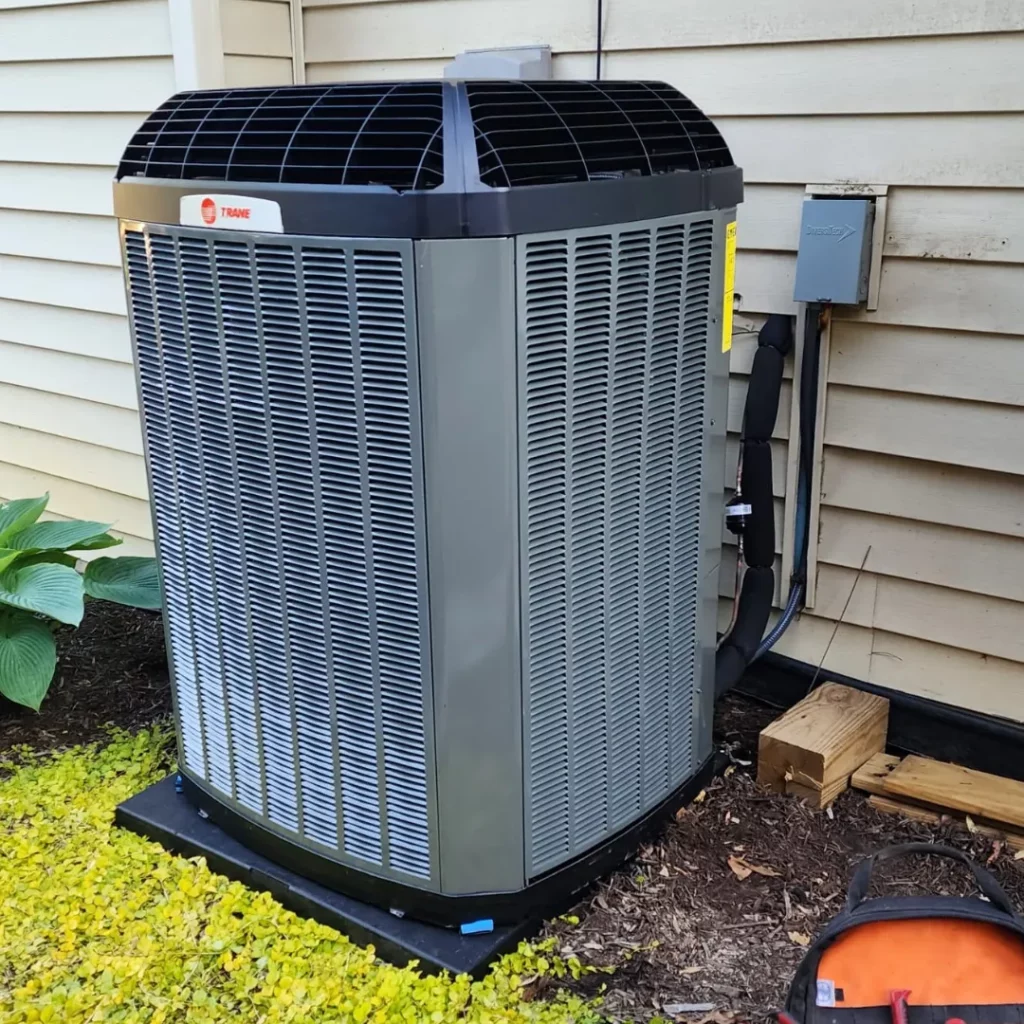
A leader in the HVAC industry today, Trane was founded in Wisconsin in 1885 and was incorporated in 1913. The Trane brand has over 120 years of experience in the heating and cooling business. James Trane was used to experiencing cold winters in Wisconsin, so he invented a new low-pressure heating system called the Trane Vapor Heating System. James and his son, Reuben, created the connector radiator in 1923, establishing their company’s reputation. Today, Trane is the preferred brand for those looking to replace their old heating and cooling system with quality HVAC equipment.
Logan Services proudly offers Trane systems to heat and cool your homes properly. We are the #1 volume residential Trane dealer in the nation and your local Comfort Specialist in the Dayton, Columbus, and Cincinnati areas. If you are looking to replace your air conditioner this year, give the Logan Services team a call today!
FAQs on the History of the Air Conditioner
What is air conditioning and how did it start?
Air conditioning is a cooling system that removes heat and humidity from enclosed spaces to create comfortable and healthy indoor environments. The idea of artificial cooling dates back to Ancient Egypt, where people hung wet reeds in windows to cool the dry desert air.
The first modern air conditioning system was invented by Willis Haviland Carrier, a young engineer working for a printing company in Brooklyn, New York. In 1902, Carrier designed a system that used mechanical refrigeration to regulate temperature and humidity in a printing plant, thereby solving the problem of ink smudging caused by variations in temperature and humidity. This invention paved the way for modern air conditioning, and Carrier went on to establish an air conditioning company that still exists today.
How has air conditioning technology evolved over time?
Since the invention of air conditioning, engineers and scientists have continued to improve the efficiency, affordability, and accessibility of cooling systems. The earliest air conditioners used large, cumbersome, and expensive equipment that was only used in commercial and industrial settings and was inefficient with its energy consumption.
In the 1920s, air conditioning became more affordable and portable, thanks to the development of smaller and more efficient compressors, evaporators, and fans. By the 1930s, air conditioning units were being installed in movie theaters, department stores, and luxury hotels, providing cool relief for the masses during hot and humid summers.
During the mid-20th century, central air conditioning units became more common in homes and businesses, allowing for greater temperature control throughout large indoor spaces. The energy crisis of the 1970s led to renewed interest in energy efficiency and the development of more eco-friendly refrigerants and insulation materials.
Today, air conditioning technology has continued to evolve, with smart thermostats, energy-efficient systems, and air purifiers providing greater comfort and health benefits for homeowners and businesses alike.
What are the benefits of air conditioning?
Air conditioning provides several benefits for both health and comfort:
- Improved Air Quality: AC units improve indoor air quality by filtering out pollutants, allergens, and other harmful particles that can cause respiratory problems. Ventilation systems also exchange stale air with fresh outdoor air, removing odors, smoke, and humidity.
- Regulated Temperatures: Air conditioning can regulate temperature and humidity levels to prevent the growth of bacteria, mold, and other harmful microorganisms that thrive in warm, moist environments. This can reduce the risk of illnesses and infections, especially in hospitals and other healthcare settings.
- Improved Comfort: AC units can increase productivity and comfort by creating a cool and calm indoor environment that allows people to work, study, and relax more efficiently. Hot and humid environments can lead to fatigue, dehydration, and irritability, making it difficult to concentrate or perform tasks effectively.
Trane | A/C Installation | Air Conditioners
Sources:

